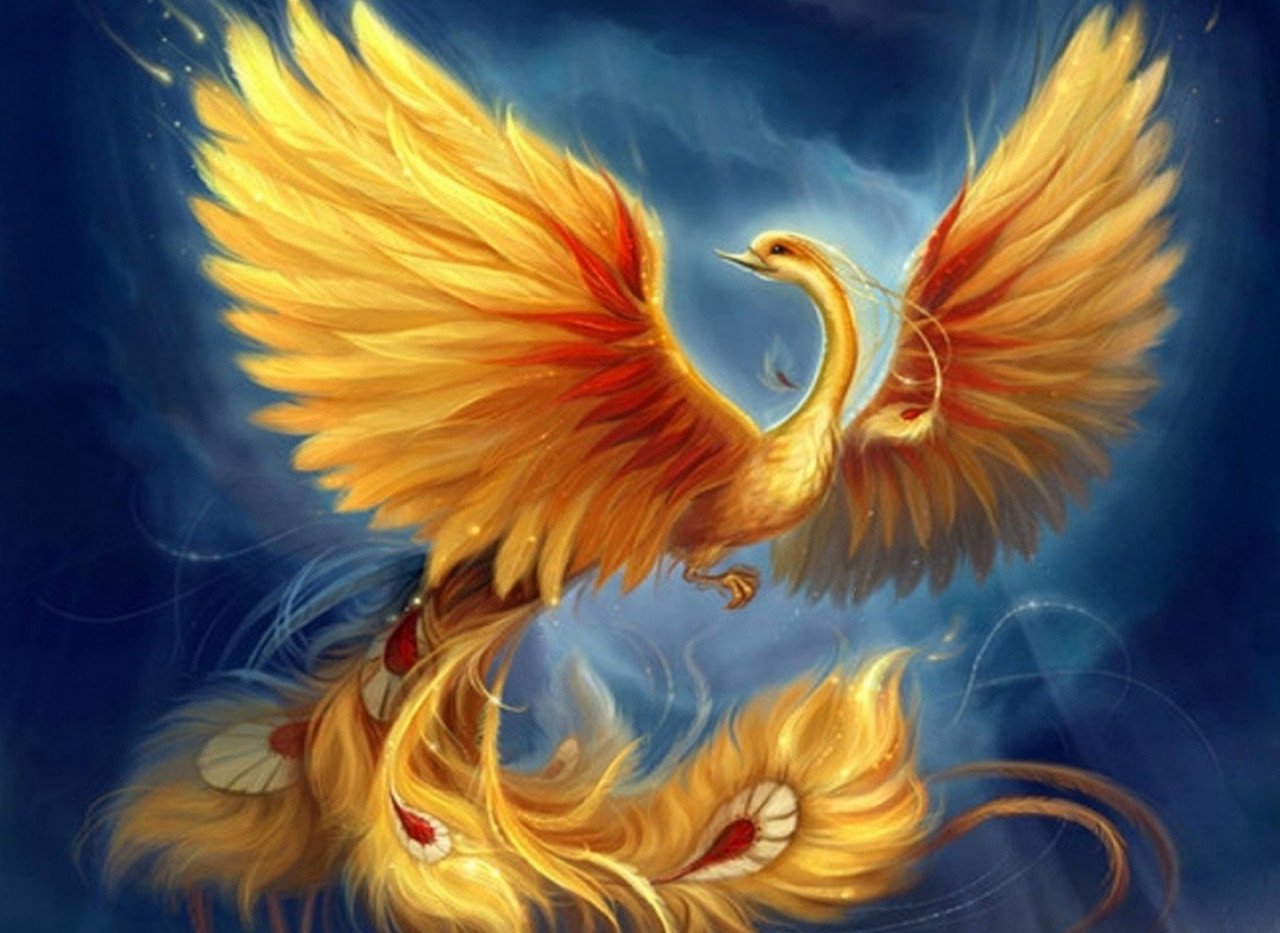
What is Hüma?
The Huma bird, often referred to as the bird of paradise, is the legendary bird that flies at high altitudes invisibly without resting, never touching the ground - in some sources it is also reported that it has no feet.
It is also called the bird of fortune or the godsend because it is believed to bring happiness to the person it is placed with.
The term "Humayun" known in Ottoman history is thought to be related to the name "Umay (Humay)". The traces of the old mythological belief that sovereignty comes from the heavens and that it is God-given has been preserved in the rumors circulating among the people about "Huma", the state bird. According to a widespread belief, the shadow of the "Huma" bird, known as the "State Bird" or "Shahlik Bird" on a person's head, was considered a sign that that person would be a very happy person in the world, would be crowned and dominated. This belief lives on in the stories and legends of Azerbaijan as flying the "State Bird" and the person on whose shoulder will be elected sultan. It is a similar event that it turns into a symbol of happiness and happiness.
Huma bird is one of the motifs frequently used in Ottoman, Turkish, Persian and Urdu literature. Among these, the Hüma and Hümayun masnevis and allegorical works based on the conversations between birds take the lead. XII. In Gazali's Risaletü't-tayr written in the 16th century, in Mantık-ut Tayr written by Ferîdüddîn-i Attâr using this work, and in Lisânü't-Tayr, which Ali Şîr Nevaî wrote as a reviewer to Attar's work. It passes frequently. Huma is a symbol of unattainable heights in Turkish folk literature because it lives in heaven, flies at very high altitudes and wanders between the firmaments and bastions above seven layers of sky, and even goes up and down to God. Hüma, who is confused with other legendary birds such as Feniks, Garuda, Simurg and Kaknüs due to some common features, is the most mentioned among mythological birds in Divan poetry. XVI. The frequency of use in poems has been increasing steadily starting from the 21st century.
A couplet in Baki's divan: "Zülf-i Siyahı sâye-i perr-i Hümâ imiş İklîm-i hüsne anun for pâdisha." His black hood was the shadow of the Hümâ wing. He was the sultan to the land of beauty for him. Here, the beloved, who is likened to the shadow of the black zülf Hüma, is called the sultan of the land of beauty because of this beauty, and the belief that the person whom the shadow of Hümâ falls upon is the sultan.
The state coat of arms of Uzbekistan and Huma bird are used on Iran Airlines.
In addition, the name of Fatih Sultan Mehmet Han's mother is Hüma Hatun.





